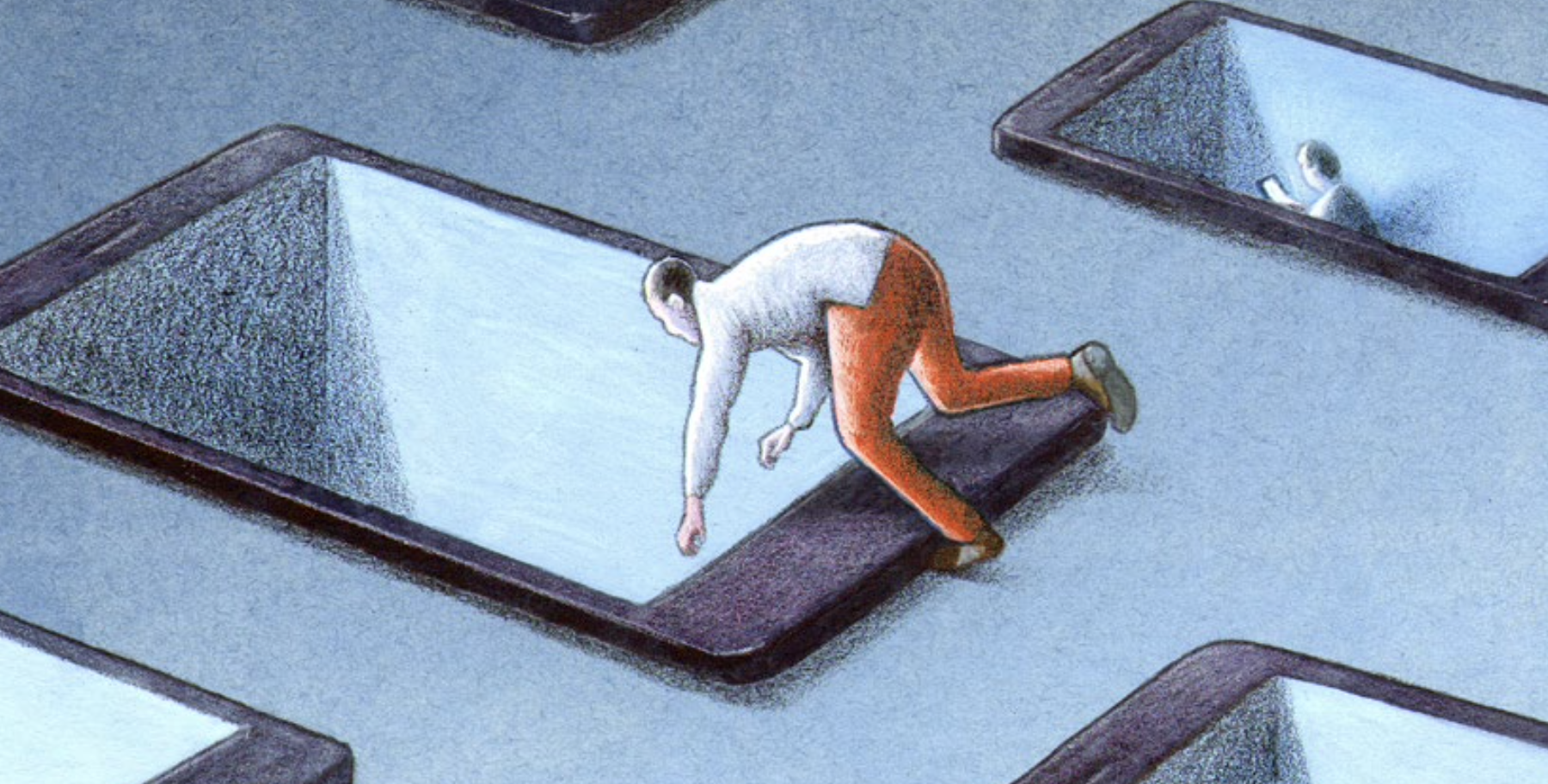How Technology Is Reshaping Democracy & Our Lives: A Stanford Course with Sal Khan, Thomas Friedman, Kara Swisher, Sasha Baron Cohen, Reid Hoffman & More

This fall, Stanford Continuing Studies presents 150+ courses in the Liberal Arts & Sciences, Creative Writing, and Professional Development, including the new and timely course “Which Side of History? How Technology Is Reshaping Democracy and Our Lives.” Led by James Steyer (CEO, Common Sense Media), the course includes an extensive line-up of guest speakers and thought leaders. Hear from Hillary Clinton, Kara Swisher, Sal Khan, Sasha Baron Cohen, Laurie Santos, Reid Hoffman, Ellen Pao, Thomas Friedman, Jonathan Zittrain, Cory Booker, Nicholas Kristof and more. Together they will explore key questions: How do we protect the privacy of consumers and stop data abuses? How will we ensure the mental health and well-being of our society as we emerge from the pandemic? How can we hold tech platforms accountable for safeguarding basic democratic norms?
This live online course is open to any adult who wants to enroll. Although the Continuing Studies courses aren’t free, they’re timely and bound to engage. Which Side of History? How Technology Is Reshaping Democracy and Our Lives starts September 27. Many other online courses start the week of September 20. Explore the entire Stanford Continuing Studies catalogue here.
Related Content:
1,700 Free Online Courses from Top Universities.
200 Online Certificate & Microcredential Programs from Leading Universities & Companies
A Free Stanford Course on How to Teach Online: Watch the Lectures Online
How Technology Is Reshaping Democracy & Our Lives: A Stanford Course with Sal Khan, Thomas Friedman, Kara Swisher, Sasha Baron Cohen, Reid Hoffman & More is a post from: Open Culture. Follow us on Facebook and Twitter, or get our Daily Email. And don't miss our big collections of Free Online Courses, Free Online Movies, Free eBooks, Free Audio Books, Free Foreign Language Lessons, and MOOCs.
from Open Culture https://ift.tt/2XwTYyR
via Ilumina
Comments
Post a Comment